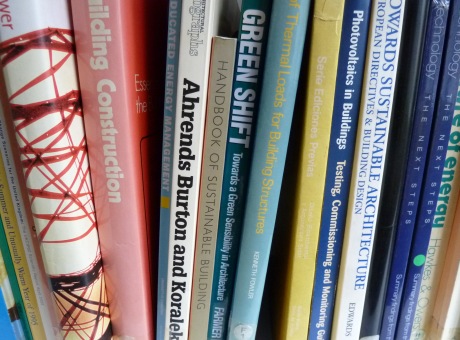Policy implications from the Low-Carbon Society (LCS) modelling project

1 January 2008
Under the Japan-UK research project 'Low-Carbon Society (LCS) Scenarios Towards 2050', an international modelling comparison was undertaken by nine national teams, with a strong developing-country focus. Core model runs were a Base case, a Carbon price case (rising to $100/tCO(2) by 2050) and a Carbon-plus case to investigate an LCS scenario with a 50% reduction in global CO2 emissions by 2050. The comparison emphasis was to focus on individual model strengths (notably technological change, international emissions trading, non-price (sustainable development) mechanisms and behavioural change) rather than a common integrated assumption set. A complex picture of long-term LCS scenarios comes from the range of model types and geographical scale (global vs. national); however, common themes for policy makers do emerge. A core finding is that LCS scenarios are technologically feasible. However, preferred pathways require clear and early target setting and incorporation of emissions targets across all economic activities. This will probably entail significant socio-economic changes. To realize major LCS transitions requires sustained progress in R&D and deployment of a broad range of technologies, with carbon capture and storage (CCS) a key technology in most low-carbon portfolios. Developing countries, in particular, face an immense challenge to achieve LCS in light of their economic growth requirements. As such, international cooperation is required in iterative and flexible burden sharing under international emissions trading regimes.
Policy implications from the Low-Carbon Society (LCS) modelling project. CLIMATE POLICY, 8 S17 - S29. 10.3763/cpol.2007.0488.
Strachan, N; Foxon, T; Fujino, J; (2008)
 Close
Close

